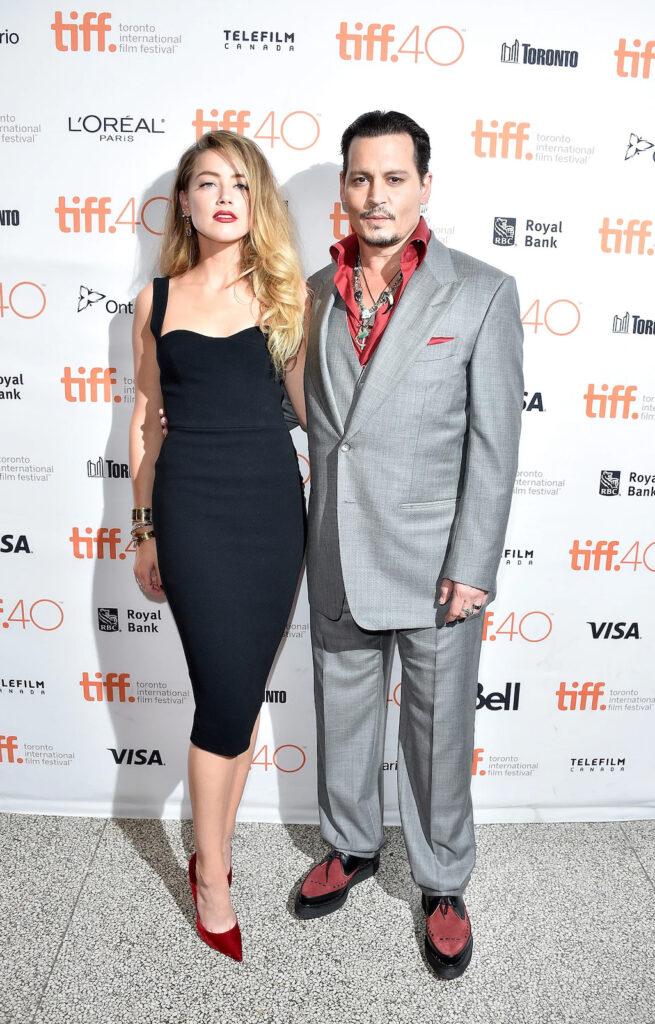In November 2020, the long-awaited verdict in Johnny Depp’s libel case against The Sun newspaper was finally delivered. The case was brought by the actor following an article published in the newspaper in 2018 that referred to him as a «wife-beater.» The verdict, which was delivered by Justice Nicol at the High Court in London, was in favor of The Sun, and the newspaper was found to have acted within the bounds of responsible journalism.
The case was a high-profile one that attracted a great deal of media attention and divided public opinion. On the one hand, there were those who believed that Johnny Depp had been unfairly treated by the press and that The Sun had crossed a line in labeling him a «wife-beater.» On the other hand, there were those who believed that the evidence presented in court suggested that Depp had indeed been violent towards his ex-wife, Amber Heard.
The case was particularly complex due to the fact that it hinged on conflicting testimonies from Depp and Heard, both of whom had presented very different versions of events. Depp’s legal team argued that he had been the victim of a «hoax» orchestrated by Heard, who had fabricated evidence of abuse in order to further her own career. They also argued that The Sun had failed to properly investigate the allegations made against Depp before publishing the article.

Heard, however, presented a very different version of events, alleging that Depp had been physically abusive towards her on multiple occasions during their relationship. She presented photographs of bruises and injuries as evidence, as well as witness statements from friends and colleagues who had seen the injuries first-hand.
The trial was a dramatic one, with both Depp and Heard taking to the stand to present their cases. The proceedings were also notable for the numerous revelations that emerged during the course of the trial, including allegations of drug abuse, infidelity, and a violent altercation that took place on Depp’s private island in the Bahamas.
Ultimately, however, it was Justice Nicol who was tasked with weighing up the evidence presented in court and delivering a verdict. In his judgment, he stated that he had found the evidence presented by Heard to be «substantially true.» He went on to state that he had found Depp’s evidence to be «inconsistent» and that he did not find Depp to be a «credible witness».
The verdict was a significant blow for Depp, who had already suffered considerable damage to his reputation as a result of the allegations made against him. In addition to the libel case against The Sun, he also faced legal action in the US from Heard, who had filed for divorce and sought a restraining order against him. The case had already been settled out of court, with Depp agreeing to pay a settlement of $7 million, but the damage had already been done.
The case also had wider implications for the media and the way in which they report on allegations of domestic abuse. Many commentators argued that the case had highlighted the need for greater sensitivity and responsibility in the way in which the press reports on such allegations. They also argued that the case had shown the importance of ensuring that those accused of such crimes are given a fair trial and that allegations are properly investigated before being reported in the media.
Overall, the Johnny Depp vs. The Sun case was a high-profile and complex legal battle that attracted a great deal of media attention and divided public opinion. The case highlighted the need for greater sensitivity and responsibility in the way in which allegations of domestic abuse are reported in the media, as well as the importance of ensuring that those accused of such crimes are given a fair trial. The case also had a significant impact on Depp’s reputation and career, and it is likely to be remembered as one of the most controversial and divisive legal battles in recent years.

One of the most significant consequences of the case was its impact on Johnny Depp’s career. Despite his acquittal in the UK case, the actor’s reputation has been tarnished by the allegations of domestic abuse, and many fans and industry professionals have distanced themselves from him. In the wake of the trial, Depp was dropped from the «Fantastic Beasts» franchise, and his career prospects have been uncertain ever since.
The case also had a wider impact on the #MeToo movement and the way in which allegations of abuse are handled in the entertainment industry. Many people have argued that the case highlighted the need for greater accountability and transparency in the way in which Hollywood deals with allegations of misconduct, and that it is essential for studios and production companies to take such allegations seriously and investigate them thoroughly.
The case also raised important questions about the role of the media in reporting on allegations of abuse. While the media has a responsibility to report on matters of public interest, such as allegations of abuse, there is a danger that such reporting can be sensationalized and can perpetuate harmful stereotypes and myths. The case highlighted the need for journalists and media outlets to exercise greater sensitivity and responsibility in their reporting, and to ensure that they do not inadvertently contribute to the stigmatization of victims of abuse.
In conclusion, the Johnny Depp vs. The Sun case was a complex legal battle that had far-reaching consequences for the media, the entertainment industry, and society at large. While the case highlighted the need for greater sensitivity and responsibility in the way in which allegations of abuse are reported in the media, it also showed the importance of ensuring that those accused of such crimes are given a fair trial and that allegations are properly investigated before being reported in the media. As the #MeToo movement continues to gain momentum, it is essential that we continue to reflect on these issues and work to create a safer and more just society for all.








